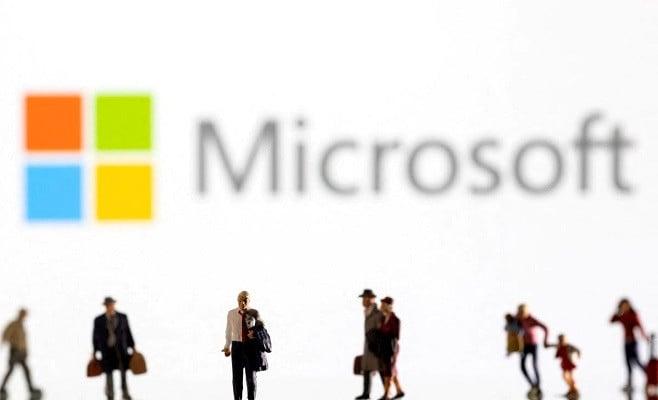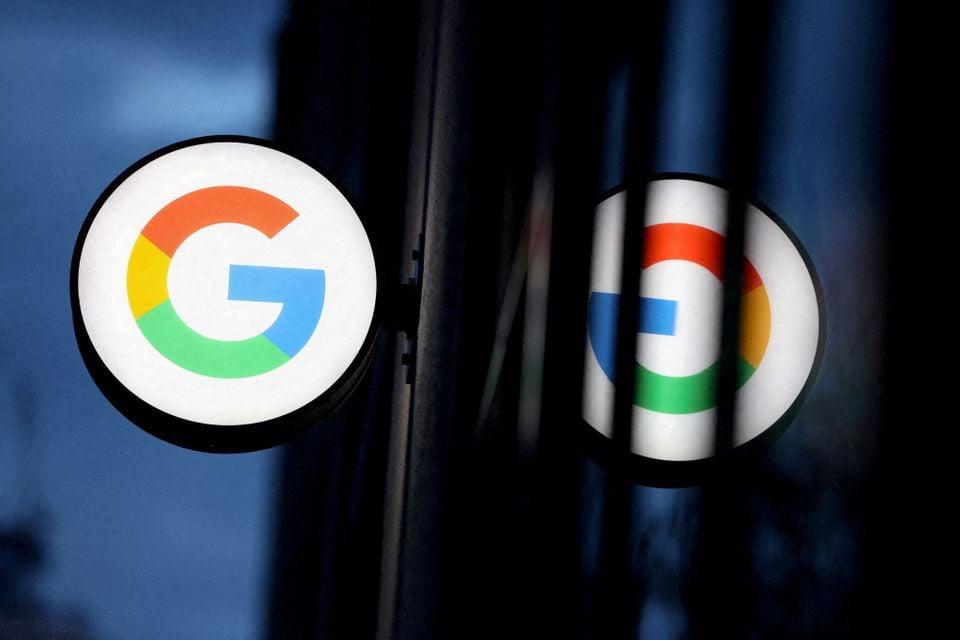YouTube announced on Tuesday its compliance with a court ruling to block access within Hong Kong to 32 video links identified as prohibited content, a move criticized by some as a setback for freedoms in the financial center amid tightened security measures.
The decision came after Hong Kong’s Court of Appeal granted a government application to ban the protest anthem “Glory to Hong Kong,” citing concerns that dissidents could exploit the song to incite secession.
YouTube expressed disappointment with the court’s decision, noting its implications for Hong Kong’s digital economy and business environment. Despite sharing concerns raised by human rights groups regarding potential limitations on online expression, YouTube stated its compliance with the removal order while considering options for appeal.
Critics, including the U.S. government, fear the ban will further damage Hong Kong’s reputation as a global financial hub and raise concerns about diminishing freedoms and the free flow of information.
Industry groups, such as the Asia Internet Coalition representing major tech firms like Meta, Apple, and Google, emphasize the importance of maintaining a free and open internet to uphold Hong Kong’s competitive edge.
While YouTube’s action is not unprecedented for U.S. tech companies, with Alphabet previously restricting content as required by law, it signifies a significant development in Hong Kong’s online landscape.
The geoblocking of videos within Hong Kong took immediate effect, with Google Search expected to reflect these changes as the company’s systems update. Attempts to access the anthem on YouTube from Hong Kong result in a message indicating unavailability due to a court order.
“Glory to Hong Kong,” which emerged during the 2019 pro-democracy protests, has gained popularity as an unofficial anthem amid ongoing political tensions and a crackdown on dissent by Hong Kong authorities.
The situation underscores broader concerns about the erosion of freedoms in Hong Kong, once promised autonomy under the “one country, two systems” framework upon its handover from British to Chinese rule in 1997.














